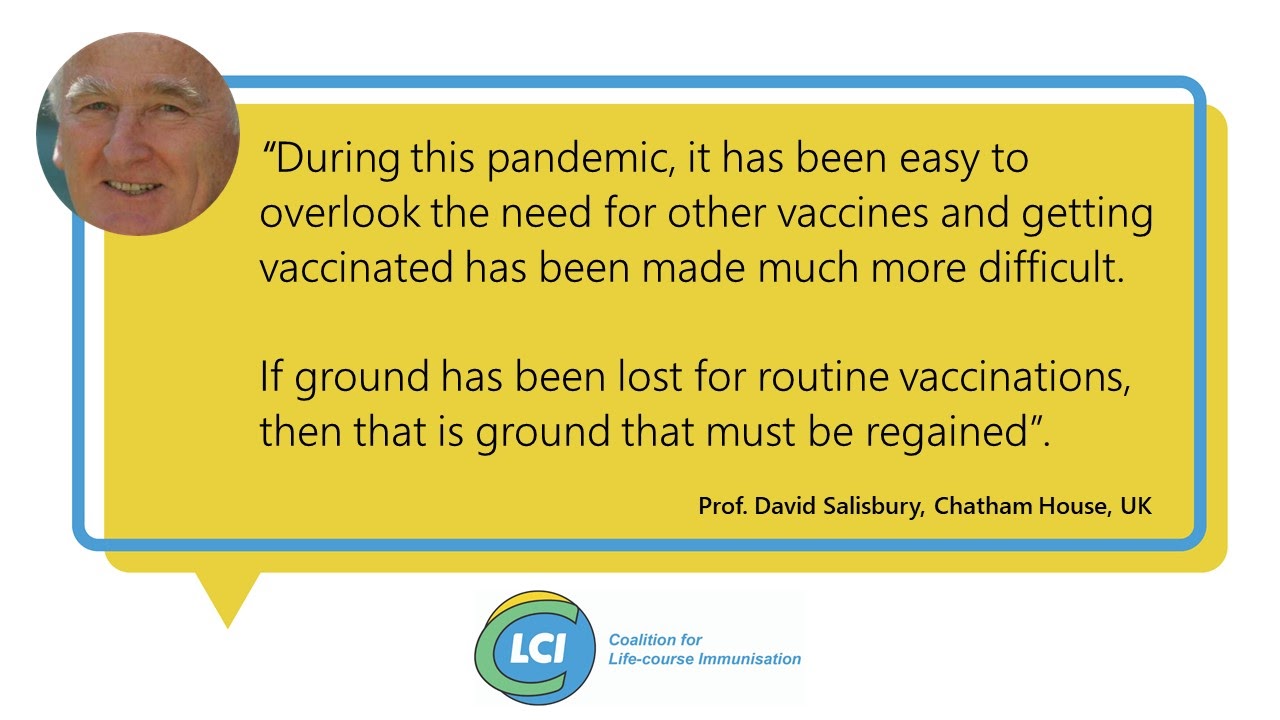With more than 150 million doses of COVID-19 vaccines delivered across Europe, primarily to older people and healthcare workers, people who have not had a vaccine in decades are now being offered a jab.
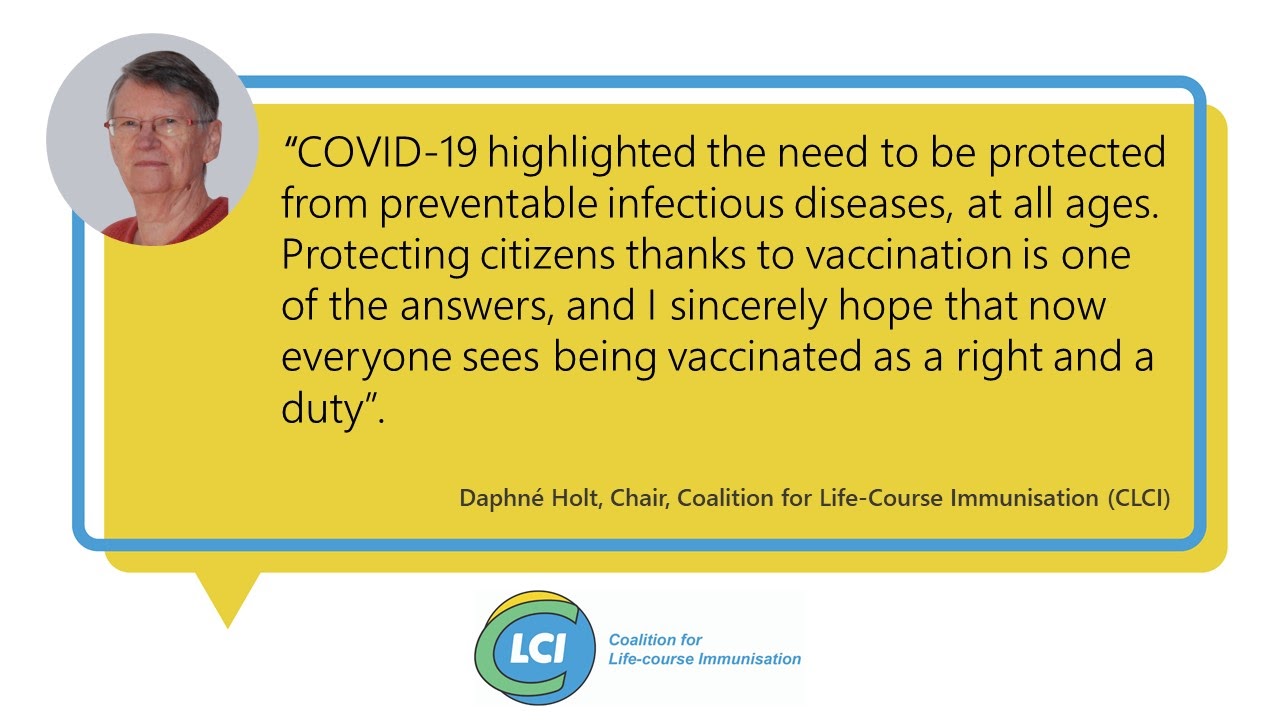
The Coalition for Life-Course Immunisation (CLCI) – established before the pandemic to highlight the benefits of vaccination for people at all ages and stages of life – has tapped its network of experts to understand how COVID-19 vaccination programmes are going and how it might affect future campaigns?
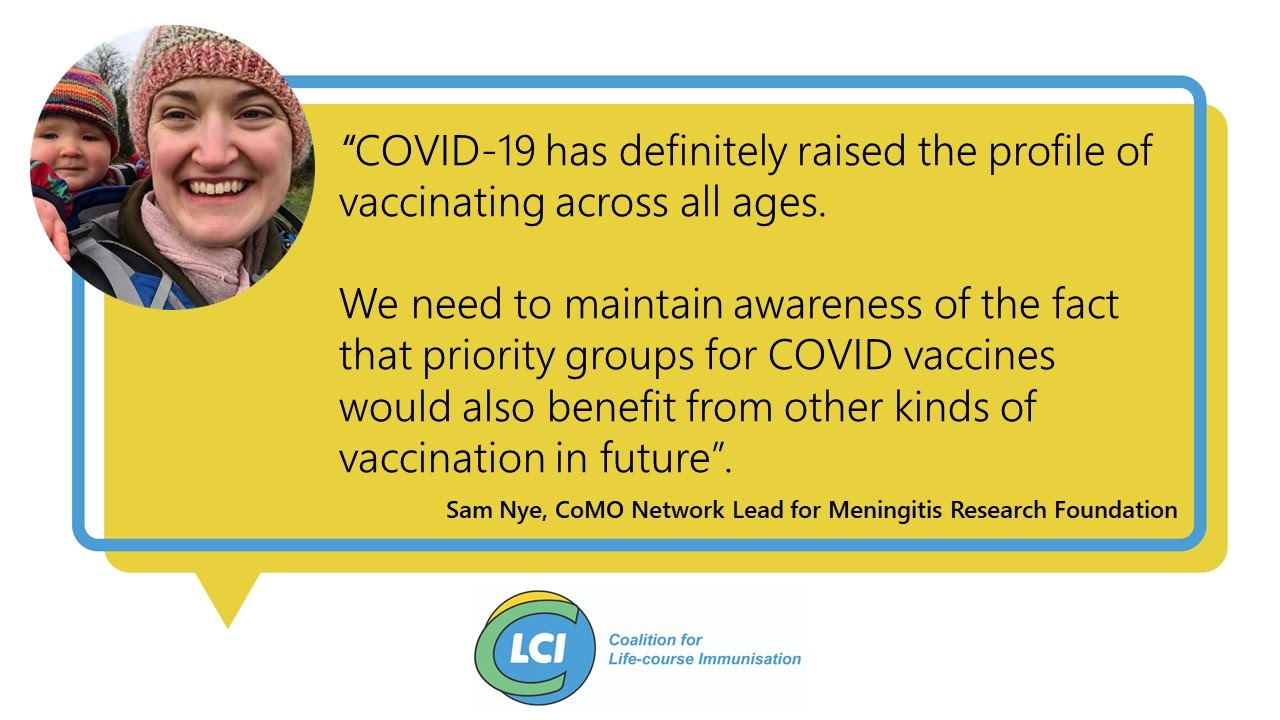
Its report, COVID & Beyond, the views of people in France, Austria, the UK, Italy, Ireland and Ukraine, illustrate the diverse national responses to the shared challenge of controlling the pandemic.
For many people offered a COVID-19 vaccine this year, immunisation was a low priority until the pandemic struck. Some viewed vaccines as important for children’s health but perhaps did not focus on the value they can bring to people at other stages of life.
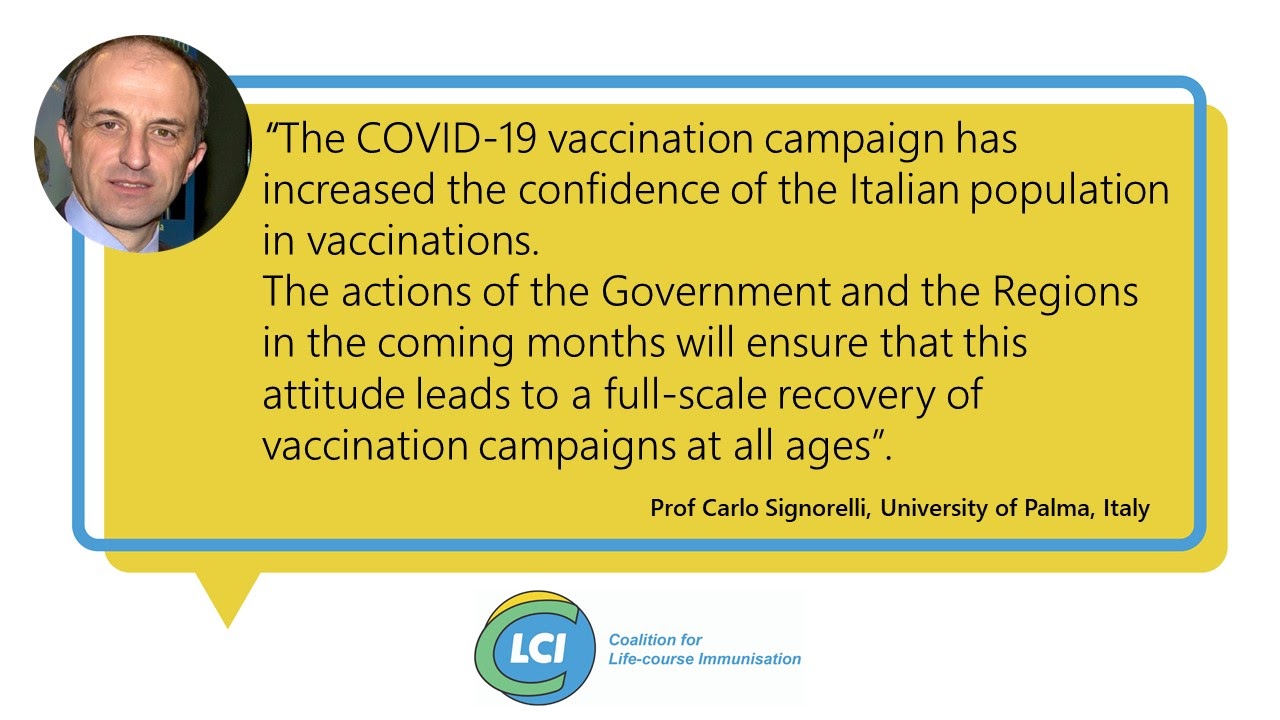
The successful introduction of new vaccines, and the positive impact they have on social lives and the wider economy, could recast the public relationship with immunisation, according to several respondents quoted in the report.
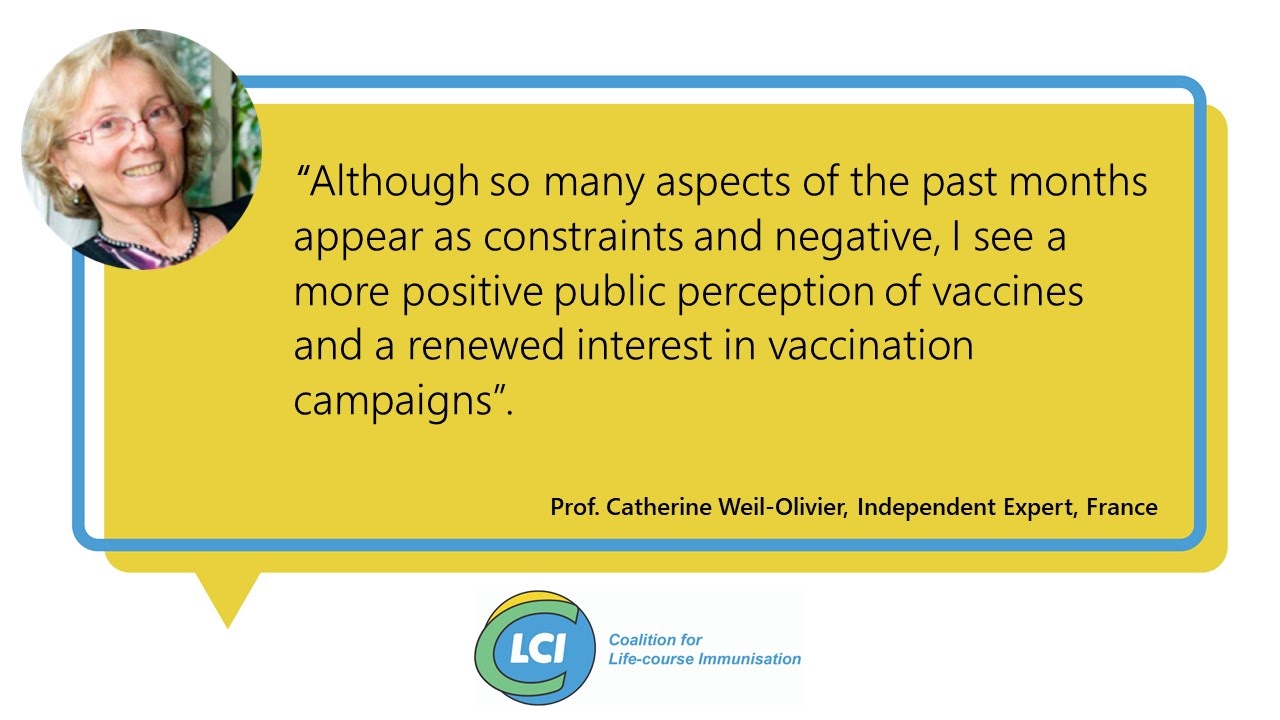
The unprecedented interest in vaccines, along with broadly positive media coverage and generally high uptake rates, are helping to increase overall confidence.
The next challenge will be to restore immunisation programmes for other preventable diseases, many of which were disrupted during the crisis.
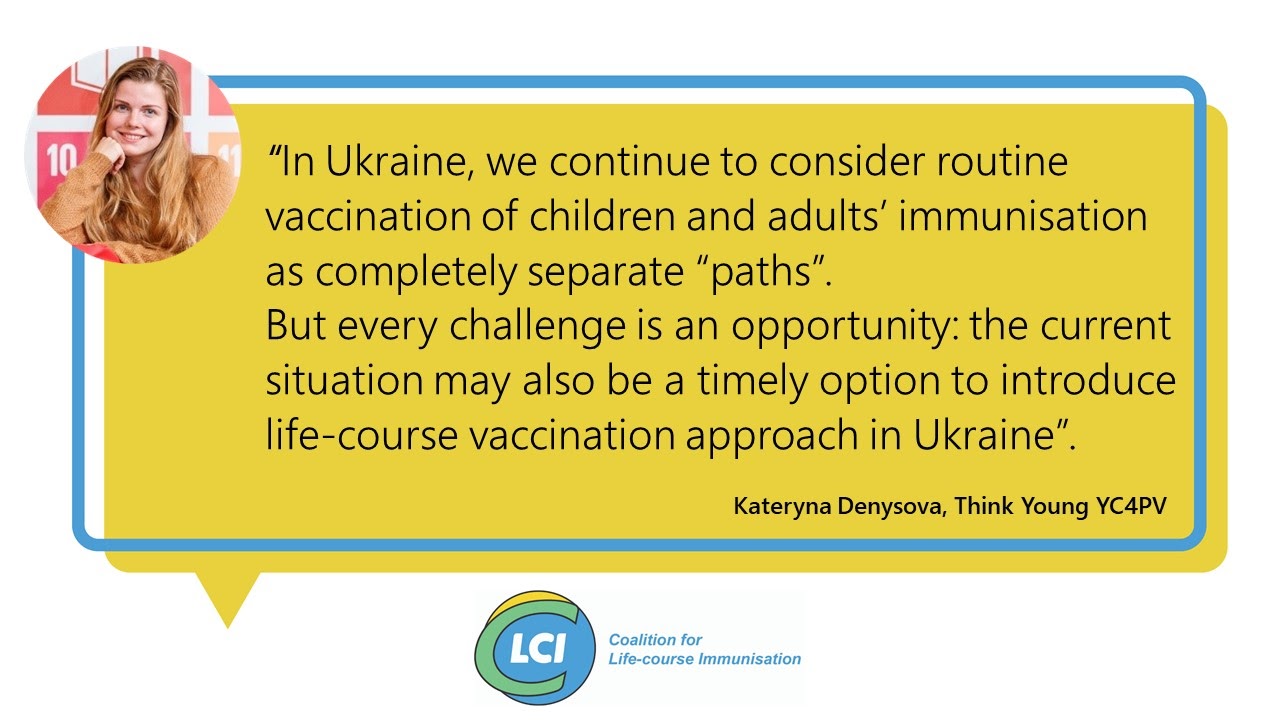
In countries with low rates of vaccination against flu and HPV, as well as limited acceptance of vaccination during pregnancy, the crisis presents opportunities.
The urgency surrounding the introduction of COVID-19 vaccines may even have reduced – at least temporarily – the level of vaccine scepticism in society, according to some experts.
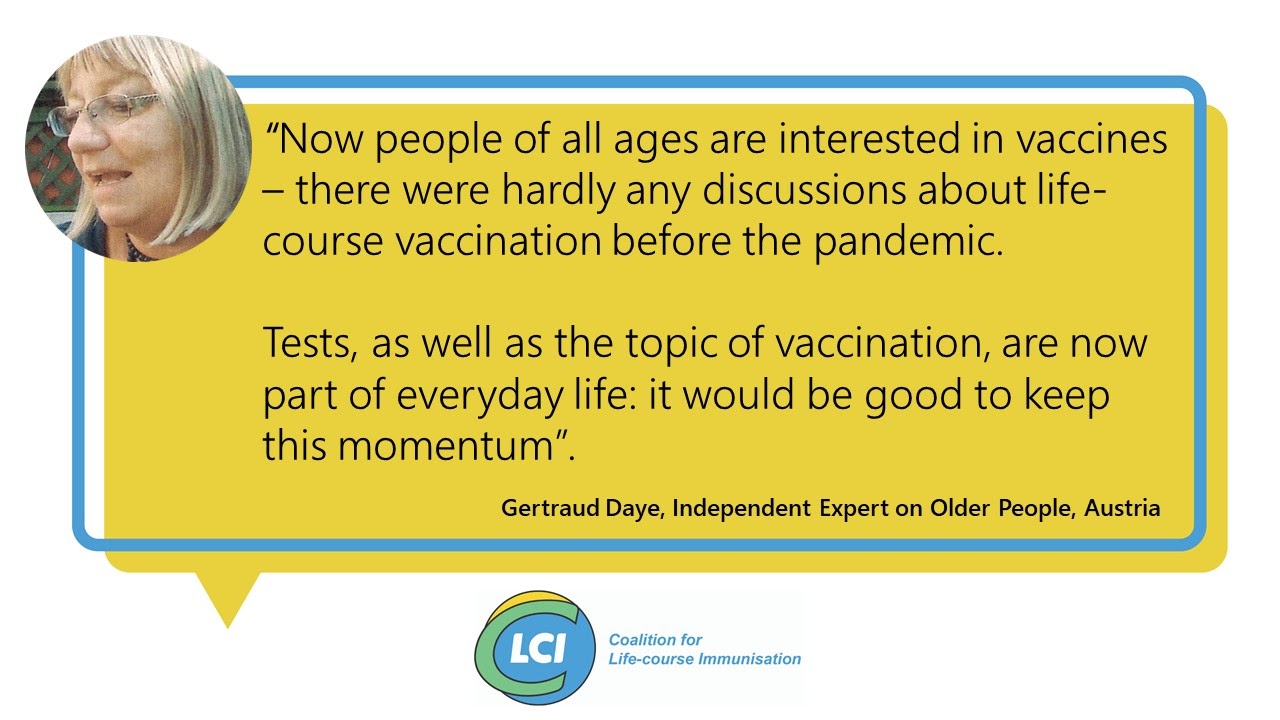
However, several contributors to the report note that wider public health goals such as eliminating measles in Europe and eradicating polio globally will need attention to make up any lost ground.
